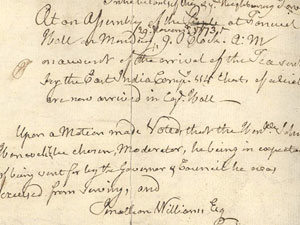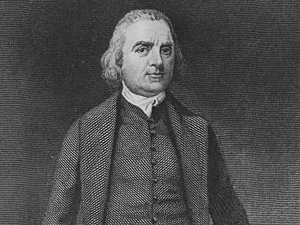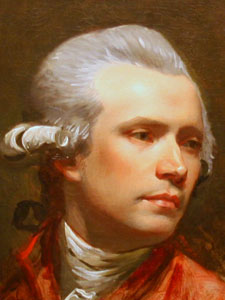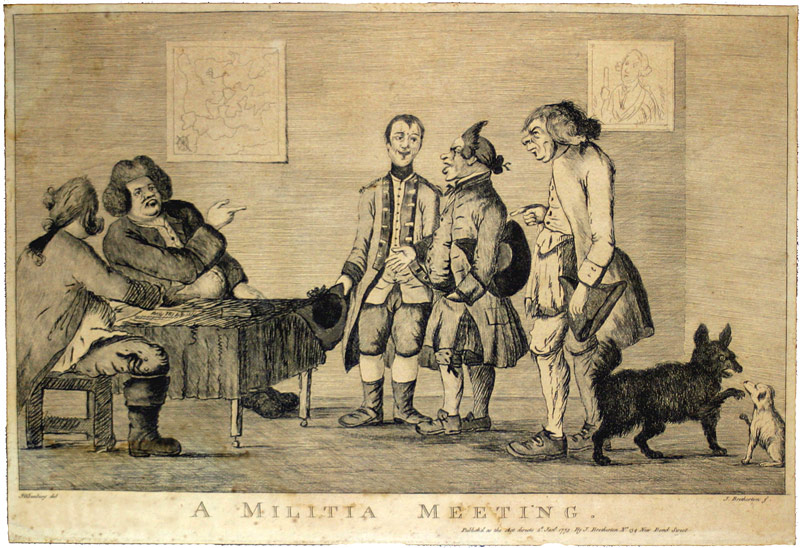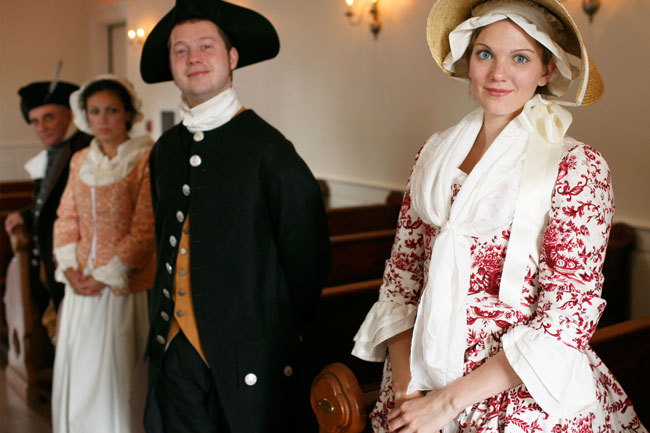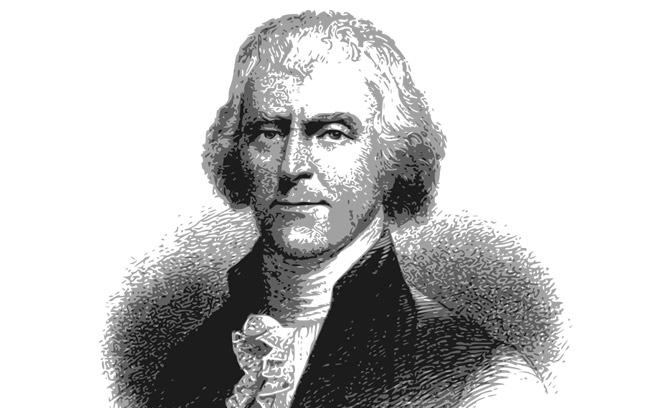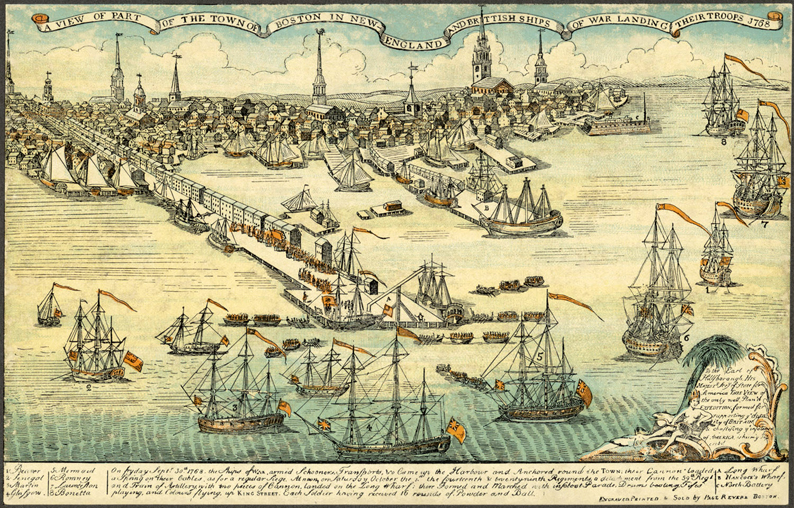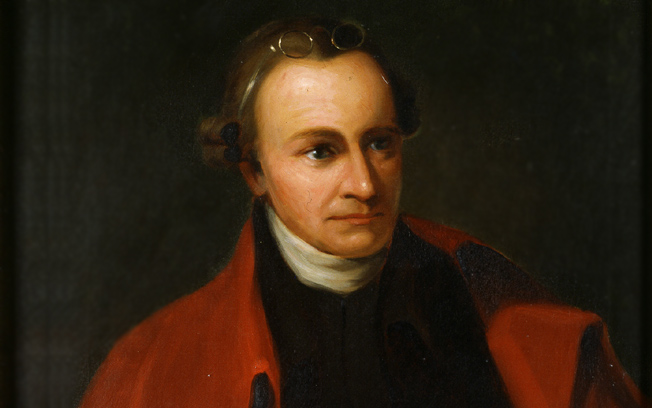November 29, 1773: “The Body of the People”
Following the arrival of the Dartmouth, the first large-scale organized meeting to discuss the “tea crisis” occurred on Monday, November 29, 1773 at Faneuil Hall. By this time, Boston had become a hotbed of dissent and radicalism, and thousands of men, women, and children gathered from Boston and surrounding towns to meet at Faneuil Hall. The Boston Committee of Correspondence and the Sons of Liberty organized the meeting, both of whom were under the leadership of Samuel Adams. The gathering attracted so many of the concerned citizenry that the meeting had to be quickly relocated to the Old South Meeting House because Faneuil Hall could not accommodate the masses of people. Old South Meeting House was the largest public building in Boston at the time and thus became the central meeting place of the Patriot movement.

